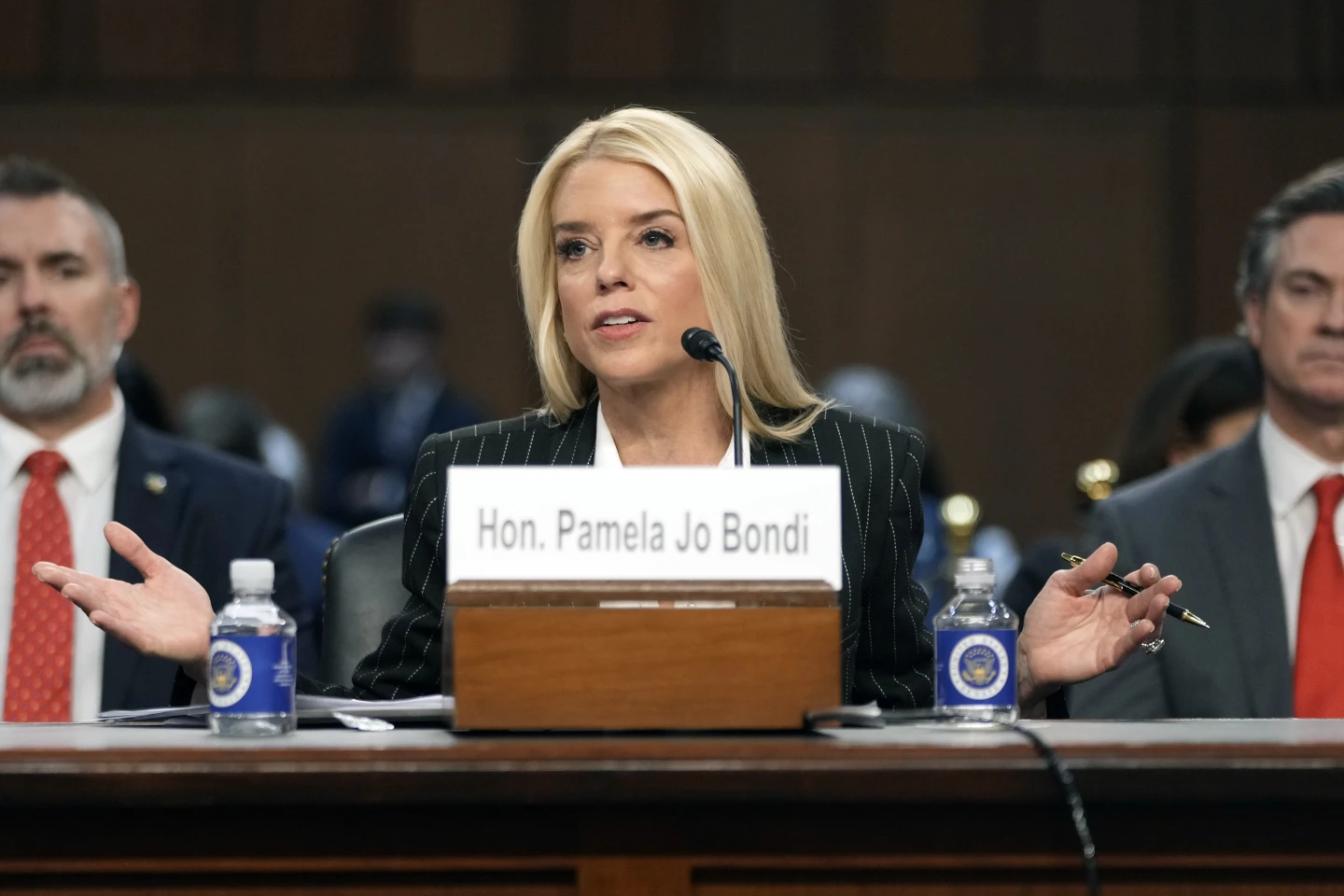Sen. Nick DiCeglie has filed legislation to support homeowners who are rebuilding after devastation from a storm by streamlining the permitting process and resources.
The measure (SB 180) is entitled “Emergency Preparedness and Response” and would also improve debris management and removal and increase disaster management planning, emergency resource coordination and financial transparency among state and local disaster management groups.
The bill builds on legislation DiCeglie filed earlier this week (SJR 174, SB 176) proposing a constitutional amendment that would hold homesteaded property owners harmless in certain conditions from property tax increases resulting from elevating a home to mitigate potential flooding.
“In the aftermath of a hurricane, families want to clear out debris and start rebuilding quickly,” said DiCeglie, whose own home flooded last year during Hurricane Helene.
“Those homeowners struggling to put their lives back together after a storm should not have to deal with needless bureaucracy, or local governments that want to change the rules and use a disaster to create a different kind of community through red tape in the permitting process.”
DiCeglie’s emergency preparedness package would prohibit local governments from increasing permit and inspection fees for six months after a hurricane or tropical storm emergency declaration by either the Governor or federal government.
It would also reduce bureaucracy in the rebuilding process by prohibiting local governments within a disaster declaration zone in 2024 from adopting more restrictive or burdensome regulations to comprehensive plans, land development rules or other ordinances concerning review, approval or issuance of a site plan, permit or development order before Oct. 1, 2027.
On debris management and removal — a particular problem for parts of the Gulf Coast, including DiCeglie’s Pinellas County-based district — the bill would require local governments to establish at least one debris management site to be approved through the Department of Environmental Protection (DEP). The bill would also require local governments to establish procedures and determine needed resources to ensure timely debris removal.
The bill would also address beach restoration, where erosion is often prevalent after a storm, requiring beach renourishment. DiCeglie’s bill would allow DEP to waive or reduce matching requirements for local governments where beaches are part of a designated disaster area in the 2024 hurricane season.
Additionally, the bill would create a local rebuilding permitting guide and permitting plans to streamline private property restoration.
The guide, which would come from local governments, would include information about what type of repairs require permits, and what types don’t, as well as on post-storm application processes and other rebuilding requirements in place. Local governments, under the bill, would be required to update the guide annually by May 1, and as soon as possible after a hurricane or tropical storm.
The bill is extensive, with other provisions for post-disaster permitting planning requirements for local governments; tax savings for those who suffered financial losses from damaged agriculture equipment; new emergency management training opportunities for local officials; expanded pre-hurricane season readiness planning; improved financial transparency through new reporting requirements for state agencies; streamlined hazard mitigation grants; and expanded planning, response and recovery coordination within the Department of Emergency Management (DEM).
The bill would require DEM to develop a template for plans and provide guidance on mutual aid agreements, as well as to complete an inventory of all disaster response equipment, in addition to existing requirements for portable generators. It would also add the Department of Veterans Affairs to the state list of agencies that help identify people with special needs who may need shelter accommodations.
Local governments would be required to provide names of its Emergency Manager or Director and any designees ahead of hurricane season.
Additionally, the bill would clarify that Florida National Guard members trained and certified to provide medical care, and who are assigned to a medical duty position such as a nurse or medic, would provide medical care to military or civilians during an emergency or declared disaster.
“We know our emergency responders at the state and local level are working tirelessly before, during, and after a storm, and the more we can do to support planning and coordination in advance, the better off we will be the next time a hurricane heads our way,” DiCeglie said.
Leadership is on board.
“Florida’s Executive Branch mounted an extraordinary effort during the 2024 Hurricane Season. Florida is a national model for disaster management because we accept that there are always lessons learned and we incorporate new ideas for continued improvement,” said Senate President Ben Albritton, whose district was impacted by significant inland flooding and agriculture and citrus loss during the 2024 season.
“The more we can do to support families who are rebuilding or fortifying their homes, the better. Clarity and certainty in the permitting process is critical.”
The emergency preparedness package does not yet have a House companion.
DiCeglie has previously filed a Senate joint resolution that would trigger a constitutional amendment asking voters whether the Legislature should be able to prohibit insurers from considering improvements made to homestead property as part of flood mitigation efforts when those properties are assessed.
His bill (SB 176) would provide implementing language for such an amendment, should it receive voter approval. It would require specific direction to local governments on how to assess homestead property after elevating homes to mitigate flood risk. It would further require the improved property to meet elevation requirements within the National Flood Insurance Program or the Florida Building Code.
Post Views: 0

 Entertainment8 years ago
Entertainment8 years ago
 Entertainment8 years ago
Entertainment8 years ago
 Politics8 years ago
Politics8 years ago
 Tech8 years ago
Tech8 years ago
 Tech8 years ago
Tech8 years ago
 Tech8 years ago
Tech8 years ago
 Entertainment8 years ago
Entertainment8 years ago
 Politics8 years ago
Politics8 years ago










